Jury awards American Airlines $9.4 million in copyright damages against Skiplagged—but the website’s business model remains largely unaffected.
Talk about a case of the tail wagging the dog.
On Tuesday, a Texas jury awarded American Airlines $9.4 million in damages in its lawsuit against Skiplagged, a website that helps travelers score cheaper flights by deliberately skipping the final leg of their itinerary.

The media has framed the case as a big win for American Airlines, but it’s not—at least not when you consider what the airline was after when it sued Skiplagged, Inc. last year. American accused the website of deceiving customers, selling unauthorized tickets, and tarnishing its brand. It sought $94.4 million in damages and an injunction to stop what it said were Skiplagged’s unfair, deceptive and abusive practices.
Yes, there was a copyright infringement claim in the mix, based on Skiplagged’s use of American’s “flight symbol” logo. But that was a sideshow to the airline’s more substantial trademark claims and allegations of consumer confusion. In the end, the jury only sided with American on the copyright issue, handing the airline a technical victory—but one that fell far short of what it was hoping to achieve.
Skiplagging 101
“Skiplagging,” aka “hidden city ticketing,” involves booking a flight with a layover at the traveler’s actual destination, but with no intention of completing the full trip. As a result of airlines’ pricing structures, this tactic can sometimes result in a cheaper fare than booking a direct flight to the desired destination. While travelers save money, airlines aren’t fans. They claim it disrupts their pricing models and causes scheduling headaches. Over the years, airlines have tried to deter the practice through various means—everything from adjusting fare rules to filing lawsuits like this one.

Flight Path of the Lawsuit
In July, Judge Mark T. Pittman of the Northern District of Texas, while expressing concern over Skiplagged’s “somewhat dubious business model and practices,” granted summary judgment in Skiplagged’s favor on several key claims by American Airlines. He dismissed American’s claims for breach of user agreement, conditions of carriage (the rules governing air travel), and tortious interference with contract, ruling they were barred by the statute of limitations. The court denied summary judgment on American’s trademark infringement and unfair competition claims, citing unresolved factual issues. The judge did side with the airline on its copyright infringement claim, ruling that Skiplagged had used American’s flight symbol logo without permission as recently as August 2023.

At trial, American focused primarily on its trademark infringement and unfair competition claims, arguing that Skiplagged misled consumers by making itself appear like an authorized agent of the airline, in part by using American’s logo in ways that could cause confusion.
Skiplagged countered that its use of the logo fell under “nominative fair use,” explaining that the logo was used only to identify the airline, not to suggest sponsorship or endorsement. Skiplagged’s defense also highlighted its website’s disclaimers, which warned users that hidden city ticketing “may upset the airline” and marketed itself as exposing fares airlines “don’t want you to see.”

The jury sided with Skiplagged, finding that the defendant proved that its use of American’s trademarks was a nominative fair use.
This left the copyright claim over the unauthorized use of American’s flight symbol logo. Here, the jury sided with the airline, awarding $4.7 million in actual damages and an additional $4.7 million in disgorged profits.
Leveraging Logos to Keep Competitors Grounded?
While logos can be protected under both copyright and trademark law, it’s rare to see a plaintiff succeed on a copyright claim while failing to establish trademark infringement. Even more perplexing is that the jury found that Skiplagged “used American Airlines’ trademarks in a way that is likely to cause confusion as to source, affiliation, or sponsorship,” yet also concluded that Skiplagged’s use of these trademarks qualified as nominative fair use. The way the questions were framed on the verdict form made this seemingly contradictory finding possible, setting the stage for what could be a contentious appeal.

A larger concern in cases like this is that plaintiffs might be tempted to exploit copyright protections for graphic works, like logos and labels, to gain control over business practices well beyond the copyright’s intended scope. When misused, copyright—meant to safeguard creative expression—can become a tool to stifle competition or a backdoor means to restrict business practices that, though controversial, remain legal.
A good example comes from a case I litigated years ago on behalf of Costco. Luxury watchmaker Omega had engraved a barely perceptible “globe” logo on the back of some of its watches and obtained a copyright registration in the design in order to prevent their importation and sale by so-called “unauthorized” retailers like Costco. The court found Omega’s actions constituted copyright misuse: “Omega did not provide—and did not seek to provide—creative works to the general public.” Instead, “Omega sought to exert control over its watches, control which it believed it could not otherwise exert.”

The Bottom Line
During the course of the litigation, Skiplagged stopped using American’s flight symbol logo on its website. Now, the site simply references “American” to identify the airline’s flights. So, in the end, American Airlines’ copyright victory is unlikely to significantly impact Skiplagged’s business model—and that’s a good thing. Regardless of how one feels about Skiplagged’s business practices, copyright law isn’t the appropriate mechanism for challenging their legitimacy.

As always, I’d love to hear what you think. Let me know in the comments below or @copyrightlately on social media. In the meantime, below is a copy of the jury’s verdict form to peruse on your next flight.
View Fullscreen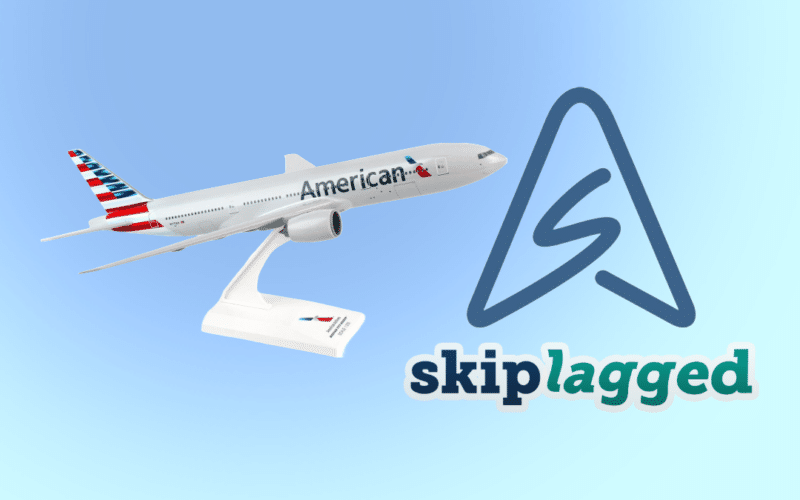
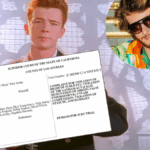
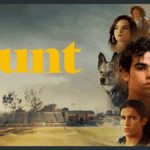
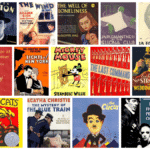

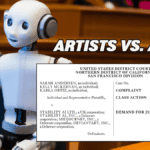
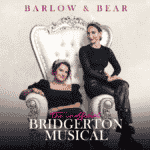
2 comments
That damage award to me seems untethered to the actual infringement, even if theoretically supported by the statute. I am, however, unfamiliar with the case law on profits, or actual damages, proximately caused by the infringement.
Recently discovered this blog and it is fantastic, btw.
Also seems like Pittman gave short shrift to the fair use argument. If the “trademark infringement” constituted nominative fair use, which I think it did, then it is hard to reconcile that the copyright infringement did not.